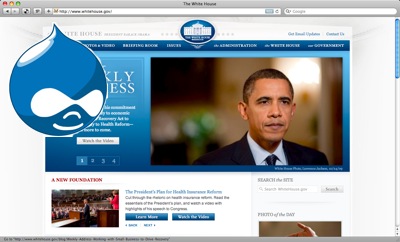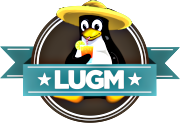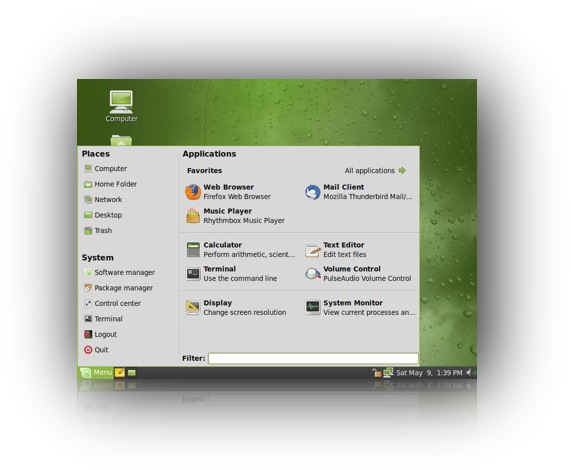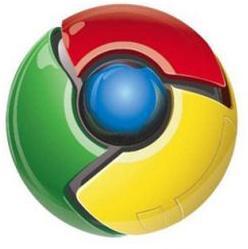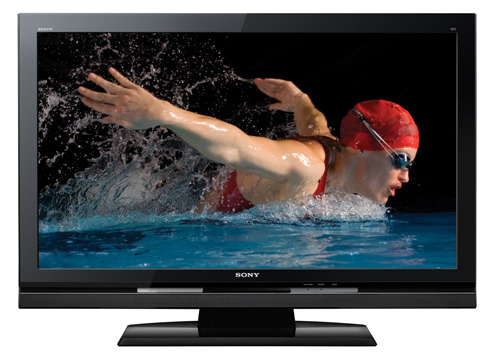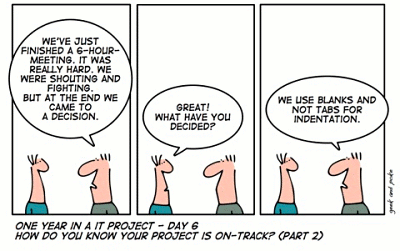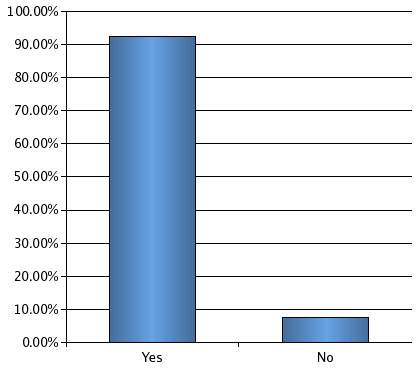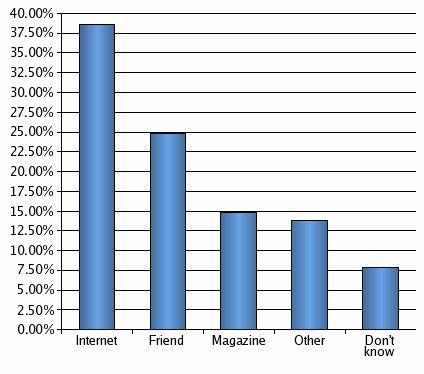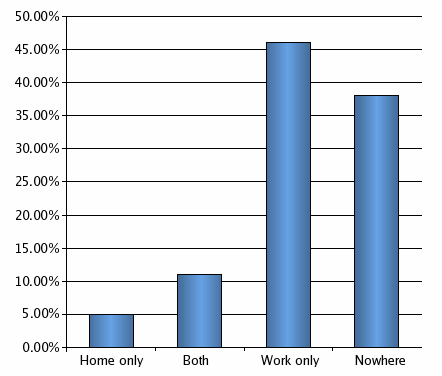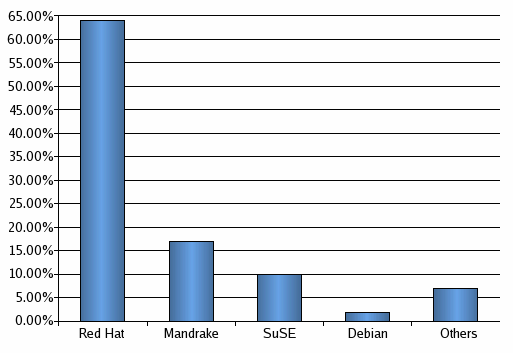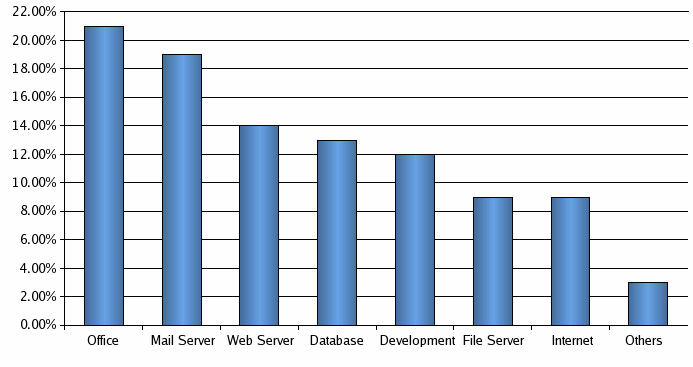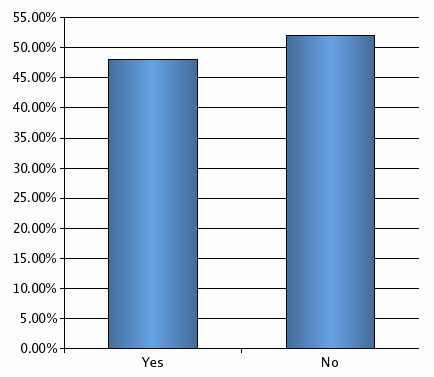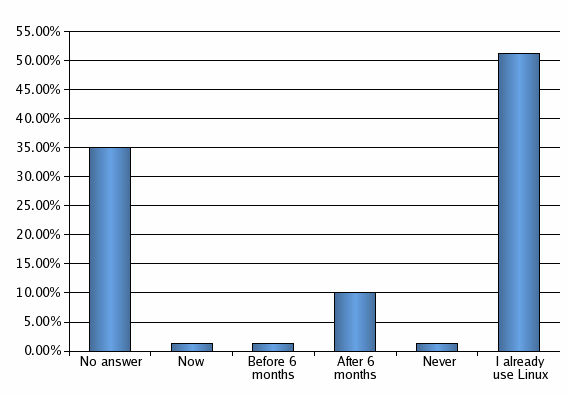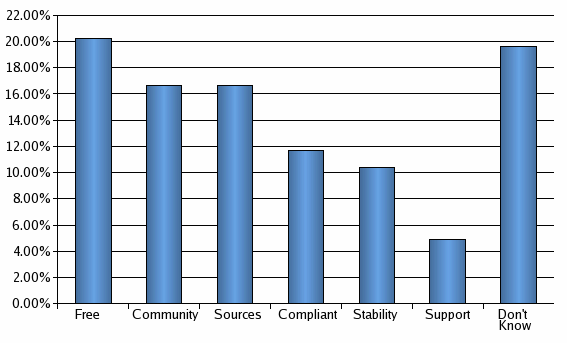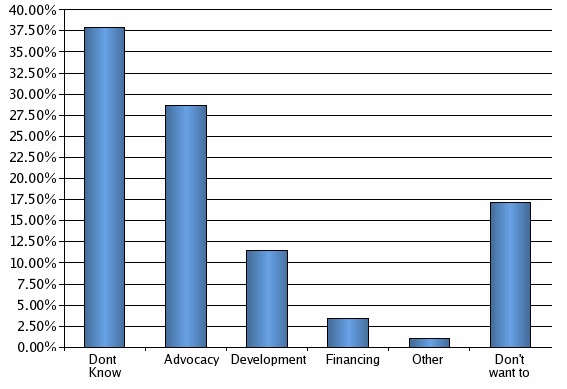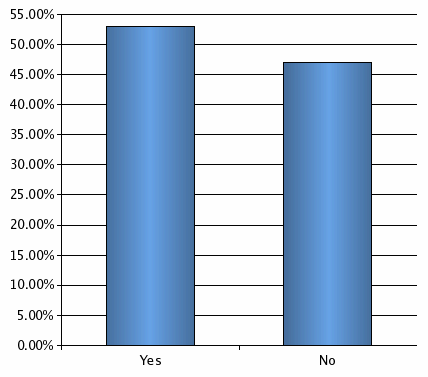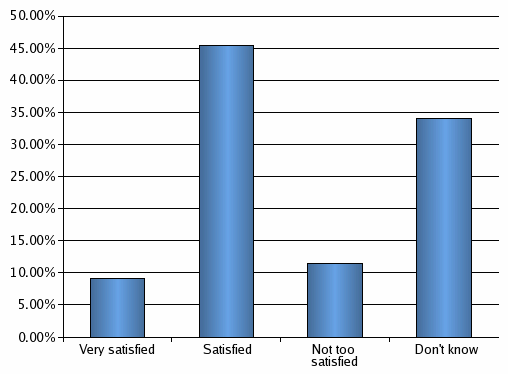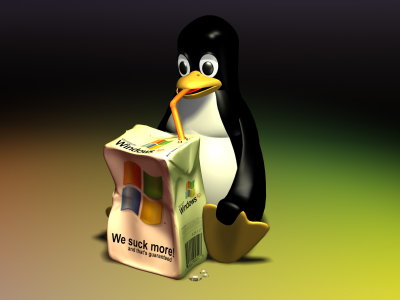
Introduction
Ce texte vise à introduire l’historique de GNU/Linux et des Logiciels Libres et ’Open Source’ ainsi que leurs avantages de façon succinte. Strictement parlant, il serait plus correct de commencer chronologiquement par GNU et Richard Stallman. Cependant, j’ai préféré mentionner le plus familier avant d’aborder les parties moins connues afin de permettre au lecteur de mieux faire les connexions de lui-même.
Linus Torvalds et Linux
Linux est aujourd’hui un système d’exploitation compatible avec les normes Posix (et on peut dire compatible avec les systèmes et logiciels UNIX) très sécurisé, très rapide et très robuste, et en plus gratuit, dont le code source est disponible.
Linux fut d’abord un noyau de système d’exploitation, conçu et développé à l’origine uniquement par un jeune étudiant Finlandais, Linus Torvalds. En 1991, âgé de 26 ans, en deuxième année d’études en Sciences Informatiques à l’Université de Helsinki, Linus Torvalds débuta le développement sur une machine abordable avec un processeur Intel 386, mais ensuite, décida aussi de mettre le noyau ainsi que son code source à disposition d’autres personnes gratuitement, en les rendant accessible via Internet.
Les points qui motivèrent Torvalds à développer Linux furent :
- Les énormes coûts associés aux matériels et logiciels nécessaires pour faire tourner un environnement UNIX
- Les faibles capacités et la faible réactivité par rapport aux demandes d’améliorations des utilisateurs du système d’exploitation MINIX d’Andrew Tannenbaum, un professeur d’Université, utilisé surtout dans l’univers académique
- Les grands délais associés au développement du système d’exploitation du projet GNU lancé presque neuf ans auparavant par Richard Stallman.
La disponibilité du code source au public fit qu’un nombre grandissant de personnes détectèrent des améliorations possibles et aussi envoyèrent leurs propres ajouts au code de Linus. Ainsi, le système Linux a toujours été continuellement amélioré depuis, grâce au travail de très nombreux collaborateurs de diverses parties du monde. Les collaborateurs travaillent de façon volontaires, et très souvent durant leur temps libre.
Plus de dix ans plus tard, de nos jours, Linux est un système qui est grandement utilisé dans tous les domaines ou sont nécessaires une fiabilité, une sécurité, une robustesse, une rapidité accrues, ainsi qu’une approche économiques avec en plus la possiblité d’adapter le code source.
Linux se retrouve ainsi dans les Compagnies commerciales, les Gouvernements, les secteurs de l’Education et de l’Enseignement avancé, la Recherche, etc…
De nombreuses compagnies commerciales ont migré leurs opérations et leurs logiciels vers Linux pour des raisons de fiabilité, de rapidité, de sécurité, de robustesse et d’impact économique positif. En effet, de nombreuses séquences à effets spéciaux dans les films récents sont produits sur des logiciels tournant sous Linux. IBM est un grand supporter de ce système d’exploitation. Oracle, PeopleSoft et SAP ont tous commencé la migration de leurs produits sous Linux.
Liens:
Richard Stallman, GNU et la FSF
Une licence particulière décrit ainsi l’utilisation du code source de Linux. C’est la licence GPL : la GNU Public Licence, qui stipule, entre autres, que quiconque modifie le code source mis à disposition a le devoir de réinjecter le nouveau code source dans la communauté des utilisateurs.
GNU est un projet préexistant à Linux, de Richard Stallman, un étudiant de Harvard qui a travaillé pendant longtemps aboratoire d’intelligence artificielle de MIT, le AI Lab. Dans l’environnement de AI Lab, il existait déjà une culture de partage de codes sources afin que tous les employés puissent apporter leur améliorations afin que la communauté internet au AI Lab en bénéficie. Ainsi, de nombreux problèmes avec les machines et les logiciels de l’époque furent réglés par ces collaborations et ces ententes tacites en plus de l’approche de partage de codes sources.
En 1983-1984, Richard Stallman fit de cette façon de procéder un projet, qui deviendra son projet de vie, son chef d’oeuvre en quelque sorte. L’idée de GNU est de produire et de promouvoir une combinaison de Système d’Exploitation et de Logiciels Libres compatibles UNIX, gratuitement si possible ou pour des sommes modiques à tous ceux qui en ont besoin.
Dans la sphère GNU, la notion de ’liberté’ dans ’Logiciel Libre’ décrit les caractéristiques suivantes pour l’utilisateur qui peut donc :
- l’utiliser librement,
- le donner à quelqu’un d’autre librement,
- le modifier librement,
- le vendre si on veut,
- en utiliser une partie dans un autre travail, même non libre.
Richard Stallman fonda par la suite, la Free Software Foundation, FSF, spécifiquement pour promouvoir les notions de liberté liées aux logiciels.
De par son effort personnel initialement, et ensuite de par la contribution de centaines d’autres personnes de par le monde, le projet GNU se voit depuis son lancement, grandir en termes de logiciels libres disponibles. Par exemple, GNU Emacs, l’éditeur personnalisable, et GCC, l’ensemble de compilateurs GNU, sont des produits de Stallman à qui d’autres ont contribués.
Cependant, le Système d’Exploitation prévu par Richard Stallman, le GNU Hurd, fut très longtemps en développement ce qui rendait une bonne partie de son projet incomplet. En effet, bien que les logiciels GNU devenaient plus nombreux et disponibles, il fallait encore utiliser les coûteux environnements UNIX pour les utiliser alors que Stallman voulait démocratiser l’accès au couple Système d’Exploitation et Logiciels.
Liens:
GNU/Linux, collaboration via Internet et autres synergies
C’est donc grâce au mariage des concepts et des application GNU au système d’exploitation Linux, que purent se concrétiser les rêves de Richard Stallman. Ce dernier d’ailleurs insiste toujours à raison que ce que l’on appelle communément une distribution Linux devrait en fait être plus correctement nommé GNU/Linux.
Une distribution Linux est donc en fait une collection de Logiciels GNU avec le Système d’Exploitation Linux, généralement regroupés et distribués gratuitement (FTP, CDROMS) ou commercialement (généralament en boîte avec CDROMS) par des équipes voire des compagnies, comme Red Hat, SuSe, Mandrake, etc…
L’avènement de Linux a aussi fortement bénéficié des possibilités de collaboration à distance offertes par le noyau Internet Pré-Web de la période 1983-1995 (e.g. les listes de diffusion, Usenet, etc…), mais ensuite aussi des possibilités de collaborations grâce au Web, tels que SourceForge et d’autres environnements tels les forums de discussions.
Eric Raymond et les Logiciels ’Open Source’
Eric Raymond est un de ces contributeurs au projet GNU. En l’occurrence, il a développé le logiciel SendMail. De plus, il est un fin observateur des processus de collaboration et de développement qui sont particuliers au domaine GNU/Linux et Logiciels Libres.
Plus précisément, dans ses textes, dont “The Cathedral and the Bazaar”, il décrit comment d’après-lui, l’approche partage de code source et collaboration ouverte a permis le développement de l’ensemble complexe GNU/Linux, alors que beaucoup de compagnies commerciales, ont des équipes entières de développeurs qui se cassent les dents sur la complexité grandissante des logiciels.
En d’autres mots, Eric Raymond pense que ce qui explique la plus grande fiabilité, sécurité et robustesse des logiciels développés avec cette approche collaborative particulière, c’est bien l’aspect développement ouvert avec code source disponible. Ceci s’explique en partie pour lui, par le fait que vu le nombre de collaborateurs grandissant, pour au moins une personne dans le monde, tel ou tel bug, sera une chose triviale à régler. Et dans le développement de logiciels, même si les temps de développements peuvent être estimés, la découverte de bugs et leur élimination sont souvent des inconnues.
Et en vérité, il existe des exemples où certains bugs liés à la sécurité furent éliminés en une période d’une journée grâce à un ou plusieurs collaborateurs via Internet. Cette grande réactivité est à comparer avec une compagnie commerciale, qui d’abord nie l’existence du bug, pour ensuite prendre deux semaines ou plus pour de régler le problème. Pendant ce temps, l’utilisateur du système se retrouve avec un environnement vulnérable.
Lorsqu’en 1998, Netscape annonce la mise à disposition du code source de son browser Web, cela est interprété par Raymond comme le premier exemple provenant d’une compagnie commerciale, de l’acceptation de la supériorité du modèle ’Logiciel Libre’ et partage de code source si prisé par Stallman, Torvalds et les nombreux collaborateurs des environnements GNU/Linux.
De plus, il réalise alors qu’il est peut-être nécessaire de mieux moduler et exprimer les concepts car il apparaît alors que le futur sera fait de plus étroites collaborations entre les compagnies commerciales et les collaborateurs souvent altruistes et non-commerciaux des projets GNU/Linux. C’est ainsi qu’il décide d’adopter les termes ’Open Source’ plutôt que ’Free Software’ que propose toujours Richard Stallman. Mis à part certains détails fins, dans l’ensemble ces deux termes peuvent être interchangés sans problèmes dans de nombreux cas. Cependant, il semble que les termes ’Open Source Software’ sont plus courants que ’Free Software’ de nos jours.
C’est ainsi que Eric Raymond formalisera ’The Open Source Initiative”, un organisme qui décrit les avantages des logiciels à code source ouvert.
Liens:
GNU/Linux à Maurice
GNU/Linux est présent à Maurice dans divers secteurs. Cependant il est probable que GNU/Linux bénéficie d’une faible visibilité. C’est dans l’optique de mieux faire connaître cet sphère, le Système d’Exploitation Linux, les Logiciels GNU, les Logiciels Libres et ’Open Source’ qu’est écrit ce texte.
Les enjeux et les avantages pour divers secteurs du pays, voire pour les projets specifiques et stratégiques du pays sont nombreux. Prenons l’exemple du projet CyberCité : tous les produits GNU/Linux sont fortement basés sur des Standards et des protocoles standards qui sont le coeur même de la communication Internet. Mieux encore, des études ont démontré que certaines des implantations des protocoles standards dans les produits GNU/Linux sont les meilleurs au monde (e.g. la pile TCP).
Cela veut dire que l’adoption de GNU/Linux prépare d’autant mieux le pays à s’intégrer dans la nouvelle économie à l’échelle mondiale dont une très grande composante est le commerce électronique via Internet, avec un investissement économique optimisé. Ceci, d’autant plus que certaines compagnies commerciales sont connues pour leurs pratiques monopolistiques, visant à continuellement augmenter le prix de leurs logiciels, ou enfermer les utilisateurs dans soit des licences qui les exploitent soit dans des protocoles non-standards.
Il est d’autant plus important de faire une bonne évaluation en ce qui concerne les projets spécifiques et stratégiques gouvernementaux car les coûts seront souvent répercutés sur les contribuables. Les gouvernements de nombreux pays étrangers ont décidé de soit évaluer de près les alternatives GNU/Linux ou de les adopter dans leurs projets. On peut notamment citer le Pérou, la France, l’Allemagne, les USA, la Chine, l’Afrique du Sud, l’Angleterre, et de nombreux autres pays.
Si vous êtes dans le Gouvernement, le Secteur Privé, le secteur de l’Education ou utilisateur individuel, pour avoir plus de renseignements concernant GNU/Linux, les Logiciels Libres et ’Open Source’, il est fortement recommandé de visiter régulièrement le site du M.L.U.G. (voir ci-dessous).
Le paysage local de GNU/Linux est composé en autres de :
- Le Linux User Group of Mauritiu au travers duquel ce texte a vu le jour. Pour plus de renseignements sur GNU/Linux et les Logiciels Libre et ’Open Source’, il est fortement recommandé de visiter le site régulièrement voire de s’inscrire à la liste de diffusion.
- Linux User Group de l’Université de Maurice
- IBL, qui représente la compagnie commerciale Red Hat qui vend une distribution GNU/Linux réputée, et partenaire d’IBM qui est un grand promoteur et vendeur de produits Linux.
- TuxCafe, qui est une cybercafé entièrement constitué de machines tournant sous GNU/Linux.
Liens :
Copyright Yash Nursinghdass | Published under the Gnu Free Document License
